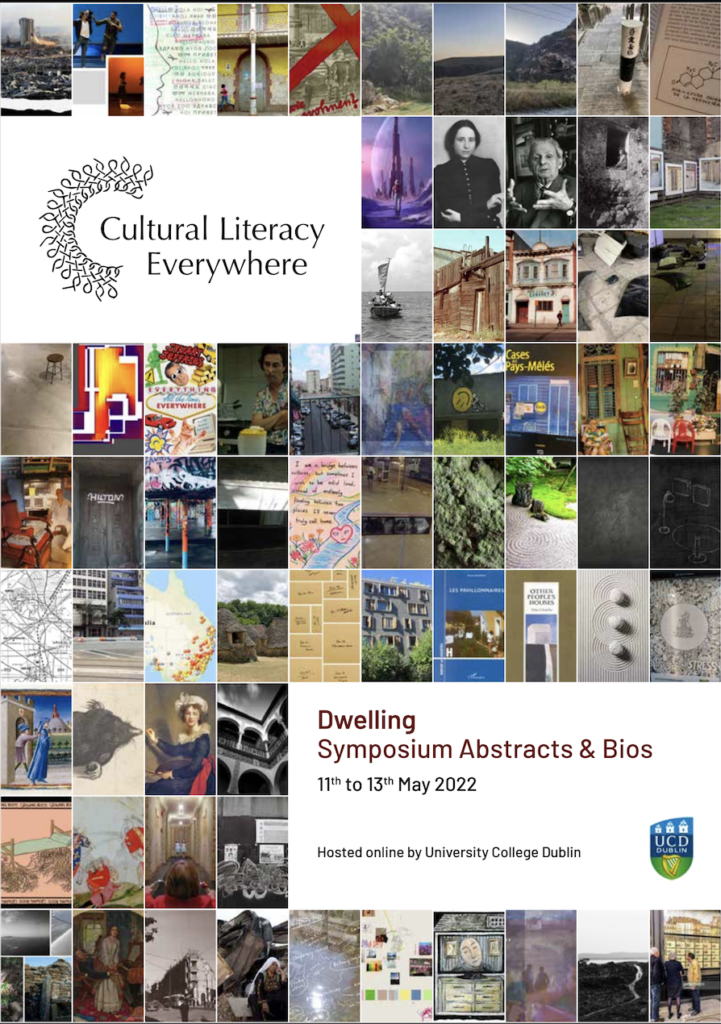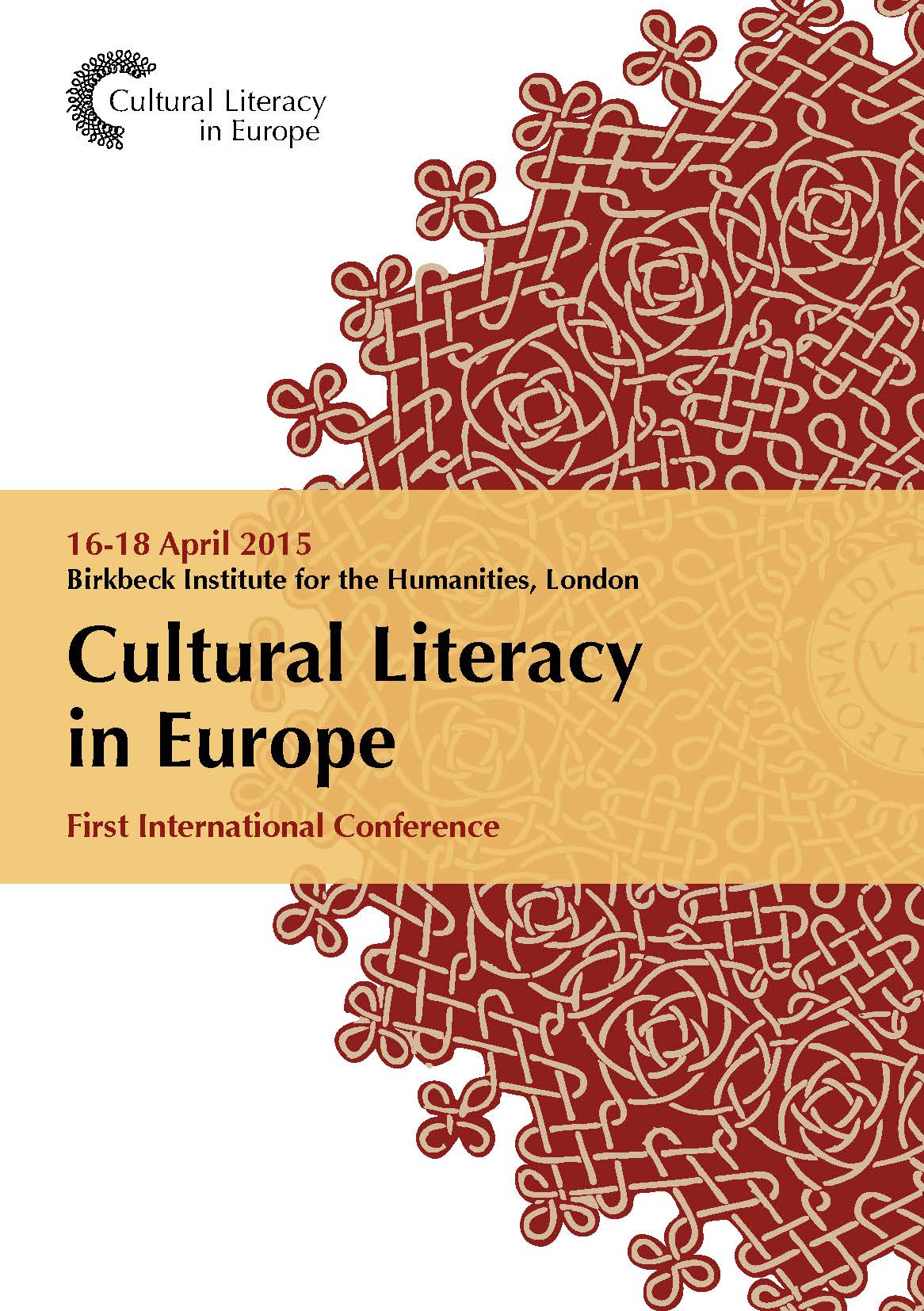11-13 May 2022 by ZOOM
A Virtual Symposium by Cultural Literacy Everywhere, hosted by University College Dublin
KEYNOTE SPEAKERS

As part of the AHRC ‘Stay Home Stories’ project (www.stayhomestories.co.uk), this paper explores the ways in which UK residents have experienced and imagined home beyond the household during the COVID-19 pandemic. Through the analysis of oral testimony from adults from different ethnic, migration and faith backgrounds in London and Liverpool, the paper focuses on home beyond the household in two key contexts: first, neighbourhood, community and outside space close to home; and, second, transnational attachments to more distant homes. Throughout, the paper argues that home is both expansive and confined, porous and bounded, and connected with, and disconnected from, different spaces, practices and imaginaries of dwelling and belonging in pandemic times.
Alison Blunt is Deputy Vice Principal for Impact (Culture, Civic & Community) and Professor of Geography at Queen Mary University of London. She is also co-director of the Centre for Studies of Home, a partnership between Queen Mary and the Museum of the Home. Her research interests are on home, migration and the city and she is leading the AHRC project ‘Stay Home Stories’ (www.stayhomestories.co.uk) funded by the AHRC as part of the UKRI rapid response to COVID-19. The second edition of her co-authored book Home (with Robyn Dowling) will be published by Routledge in 2022.


Windows were once narrow slits. The transition to wide, light places with views and window seats parallels the transition from defensive architecture to the new culture of domestic comfort, at least for high status households. The bigger the window, the greater the status. Yet, paradoxically, windows also transcend the secular world, representing spiritual light and salvation.
Mantels were and are strange spaces, being interior yet open to the outside, making them a focus for protective mark-making. Yet they are also important sites for ‘making one’s mark’, a show of identity and belonging, allegiance and family values. Since front doors separate inside, domestic space from the external, public sphere, they have to present both an inviting ‘face’ and an appearance of defensive strength. Front door social ritual reached its zenith in the later 18th and 19th centuries, as visits ‘at home’ became common, governed by complex rules.
In a later era and a different class, ‘doing the step’ – scrubbing and whitening the front doorstep – not only got rid of soot, but was a prime time and spot for socialising with neighbours. It also became a workplace for women pulling lace in Nottingham, outside the factory yet not quite at home, in rows down the street, a liminal space for the conduct of everyday life.
Corridors are uncanny places, and staircases sites for high drama in the psychogeography of films. They are also constitutive of changing cultures of social division, of drudgery and etiquette, display and privacy.How can these complex things/spaces co-habit without driving us all up the wall? Although times have changed, traces remain, which have become taken-for-granted, often unnoticed practices.
Rachel Hurdley is a Research Fellow in cultural sociology at Cardiff University School of Social Sciences. Her interests are the seemingly trivial spaces and things of everyday life. She also does archival research, and is fascinated with archival artefacts. Methodology and methods, particularly drawing and materiality, is another focus. She is currently broadcasting a series of programmes on BBC Radio 4 examining the five objects discussed in this paper.
WORKSHOPS
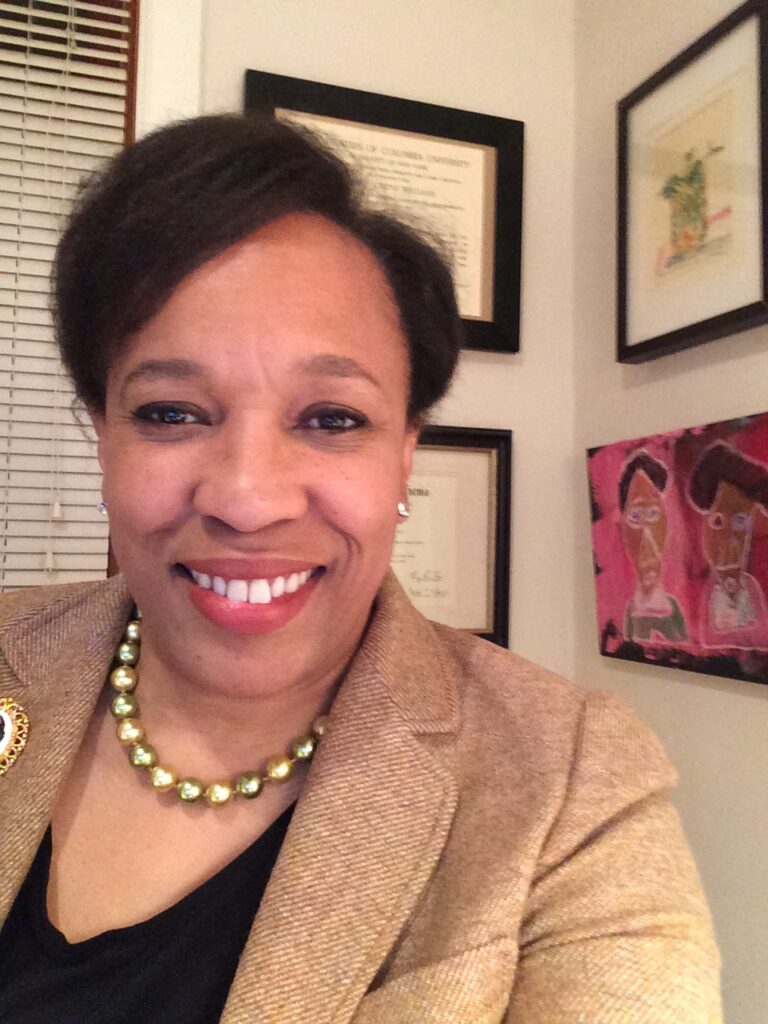
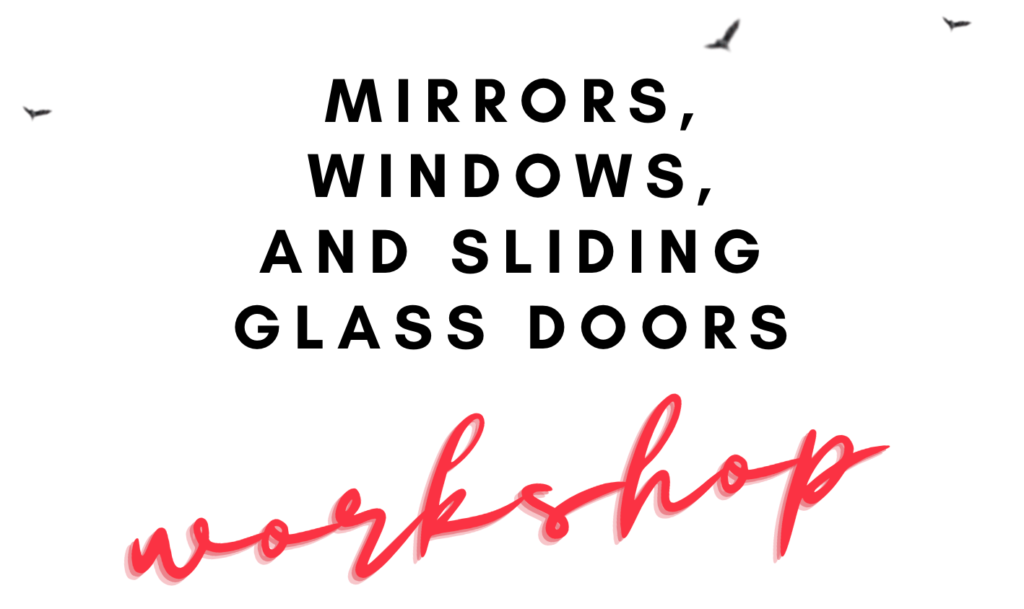
Mirrors, Windows, and Sliding Glass Doors
Led by Valerie Williams-Sanchez
For this hour-long, interactive workshop, participants will explore the memoir as a narrative creative form. For this occasion, participants/creators will recount significant experiences through meaningful dwellings from their life. To frame this experience, a selection of memoirs will be shared through which participants will discuss and reflect on the significance of dwellings in their own experience as relates to the development of their personal and cultural identity. Following the discussion, a series of questions or prompts will be given from which each can choose to create a memoir of their own. Works in forms and formats, including visual collage, poetry, and/or prose will be encouraged and explored.
Participants will come away with an understanding of the genre, how it is distinct from others, like autobiography and ethnography, as well as how memoir can take shape in other forms and formats including collage, graphic novel, and poetry. Works will be saved and chronicled (if the participant so chooses), digitally, for posting on the CLE Cultural Rememory microsite.
Biography: Valerie Williams-Sanchez, Ph.D. is an author/illustrator of the self-published children’s book series, the Cocoa Kids Collection®. A passionate advocate for multicultural literature, “OWN voices” self-publishing, and empowerment literacy for readers of all ages, her theoretical grounding emphasizes culturally relevant pedagogy which she applies across disciplines and industries. Dr. Williams-Sanchez holds a doctorate from St. John’s University, a master’s from Columbia University, and a bachelor’s from the University of California, Berkeley. Dr. Williams-Sanchez also studied at Universidad de Salamanca, Spain. She is a former daily journalist who has written and contributed to a wide array of US-based and international publications.
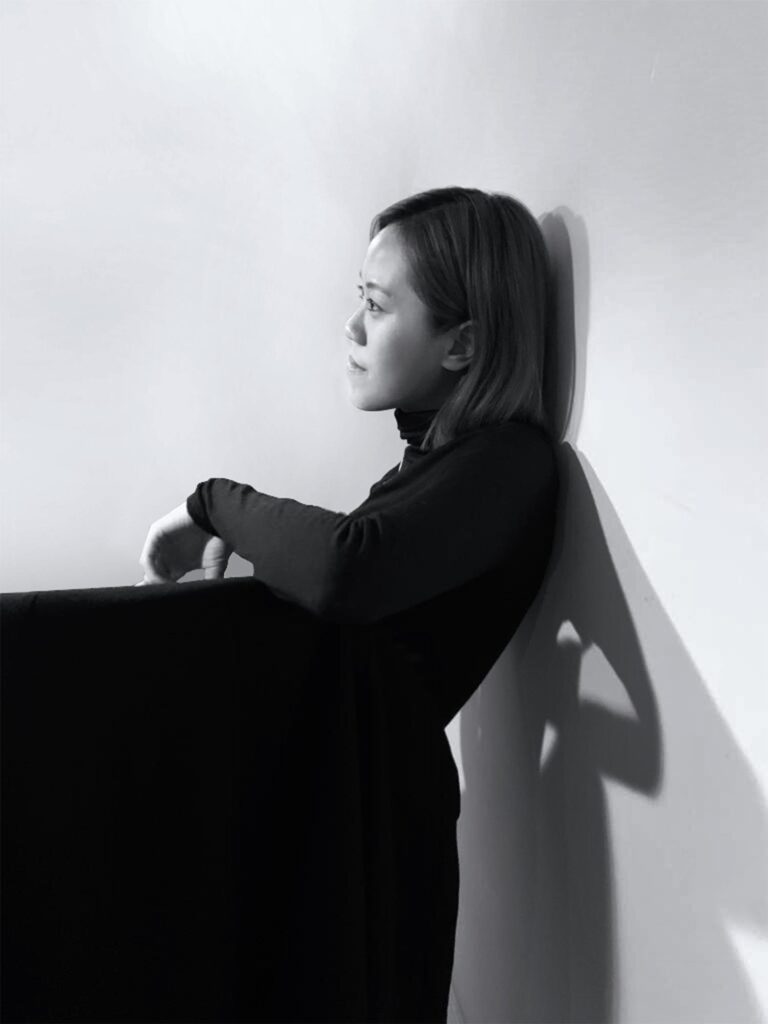
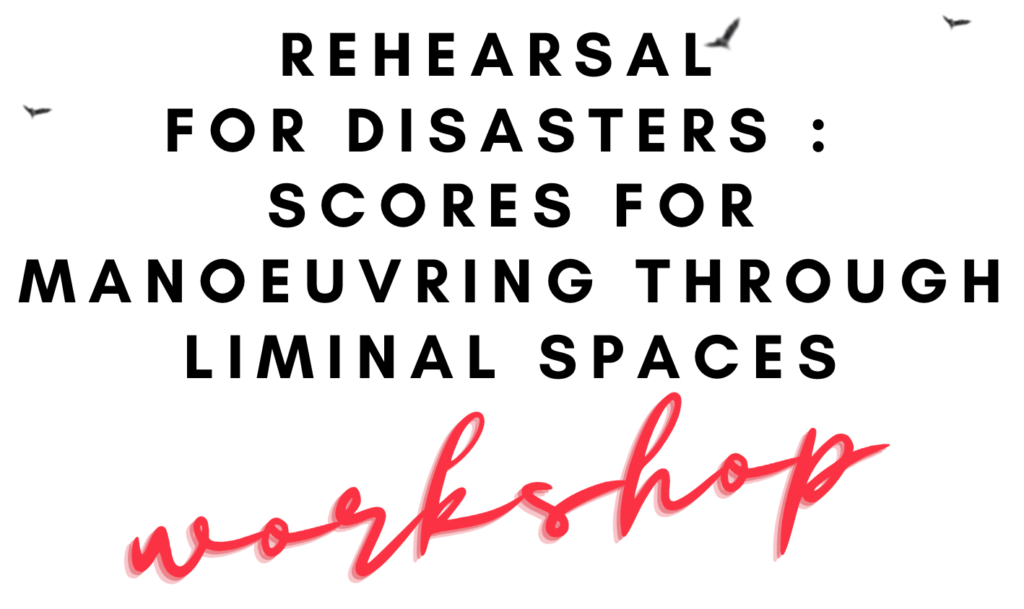
Rehearsal for Disasters : Scores for manoeuvring through liminal spaces
Led by Serene Hui
Franz Kafka, frustrated with his living quarters and day job, wrote in a letter of 1912: “time is short, my strength is limited, the office is a horror, the apartment is noisy, and if a pleasant, straightforward life is not possible then one must try to wriggle through by subtle manoeuvres.”
This workshop focuses on the how – dwelling as a state of mind, the rituals that we rehearse and perform in our dwellings, for a sense of rootedness and safety. We will compose scores for us to respond to some of today’s perceived needs; be they the development of skills, tools, thoughts, or sensibilities. These scores should situate themselves in the space between the technical and the reflective, the instructional and the intuitive, the factual and the fictional.
Thinking through the works of Marc Augé and Edward Relph on “Place and Non-places”, in small groups we will explore and speculate on various scenarios which we can identify as “liminal spaces”, i.e. waiting rooms, airport lounges, quarantine hotels, hospitals. Through an introspective speculation on the temporary dwellings which we are forced into in this declined globalised time-space, we could revisit the needs for an ideal dwelling.
Participants in each group are invited to co-create a score for a specific liminal space. Each of us will exchange their own ritualistic practice, where and how these rituals are carried out, their implications – be it practical or contemplative – for one’s understanding of oneself and one’s surroundings. Borrowing the logic of the wellbeing/mindfulness industry and the methodology of rituals, the score describes an invitation to act, to activate or to move, both mentally and physically. The scores serve as artistic “how-to manuals” : how we can subtly manoeuvre the many (self-inflicted) anxieties and obstacles by means of (self-imposed) daily rituals to attain a state of groundedness and belongingness. In this frame, the scores that we co-create can be in the form of a poem, a song, a drawing, an instruction manual, a selection of aphorisms, a manifesto, a video or a mix of everything.
Collectively we will combine all of this into a single website (on miro board), and by the end of the workshop we will have several scores. From that point onwards the life of the site will be up to the group, so that one could always go back to revisit, revise or circulate it.
Before coming to the workshop :
1. Think of a ritualistic practice that you/ your family/ the culture that you identify with has been practising.
2. Think of a liminal space that you have recently been to (physically, or mentally).
Biography: Serene Hui is an artist based in the Netherlands and Hong Kong. Her artistic practice aims to reframe and rethink conditions of the contemporary through politically driven art-making and research. She addresses obscurity and nuances by creating an ontological shift of displacement in her installations, live works, and writings. Her works often raise questions such as how one responds to—or what one can possibly get out of—the moment of conflict, estrangement or resistance; whilst exploring the diverse meanings of its complex contents— questions of authorship, authenticity, and authority. Serene has exhibited and performed at institutions and venues internationally. In 2021, she released the book-length publication “May We Live In Interesting Times – The Politics and Poetics of Ambivalence” and is now showing a new commissioned project “Rehearsal for Disasters” at Tai Kwun Contemporary, Hong Kong. www.szelokserene.com
CLE 2022 @ UCD Conference Committee
Ms. Zeina Dghaim, Western University
Prof. Mary Gallagher, University College Dublin
Ms. Maika Nguyen, University College Dublin
Dr. Laëtitia Saint-Loubert, University College Dublin
Prof. Naomi Segal, Institute of Modern Language Research
Dr. Ricarda Vidal, King’s College London
Ms. Loura Whitham, Daca Studio
Dr. Yang Yeung, The Chinese University of Hong Kong
CONFERENCE FEES
Standard £50 | Students (+ ID)/Unwaged £20
Prior membership of CLE is required; become a member
BURSARIES
Several bursaries are available; the successful applicants will receive a fee-waiver. The competition will open on 17 December 2021 and close on 14 January 2022 (NOW CLOSED).
CALL FOR PROPOSALS (NOW CLOSED)
As a physical space of habitation, dwellings may take many forms, such as houses, castles, apartments, convents, caravans, huts, or barges. Moreover, dwelling – both noun and verb – implies a certain ‘staying put’ or even permanence. Dwelling might then be a state of rootedness and safety, the opposite of temporary spaces such as refugee camps, prisons, and hospitals.
Space is a dimension that permits the formation of places, which for geographer Doreen Massey (1994) has multiple non-static identities. A place within a space can harmonize or clash with its surroundings. For Bachelard (1961), places and spaces are tied to identity-formation via an architectural engagement with dwellings. As a space of intimacy, a dwelling can constitute a ‘cosmos’ of the self, and it could be explored through topographical surveys or mappings of the paraphernalia, ambiances, memories, and imaginaries of living, as in the fiction and non-fiction of Georges Perec.
Exploring dwelling as a relationship with space, Bourdieu’s work on the ‘Berber house’ (1970) questions the modernist idea of space as nothingness or void. Heidegger’s ‘Building, Dwelling, Thinking’ (1954), an essential text for modern architecture, links human inscapes with the (im)material realities of building and dwelling. For the dweller, the relation to space and place entails simultaneously a withdrawal into a demarcated space for shelter and the creation of a sense of belonging.
Humanity’s sense of place and space has never been more prominent than it is today. The COVID-19 pandemic has confined many people to cramped urban dwellings or inhospitable spaces (e.g., quarantine hotels), turned homes into offices, and changed the topography of everyday life. This crisis, along with economic inequalities, climate change, and mass migration events, confirms the need for a radical reassessment of sustainable human dwelling on earth. This Symposium will engage in creative and critical discussion on dwelling in both the verbal and the nominal sense and on how we live or wish to live in the world.
This two-day online Symposium is designed to generate active discussion, focusing on thinking and talking rather than formal presentations. If your proposal is accepted, it will be included in a digital ‘book of presentations’ that all participants will be asked to read in advance of the Symposium. The contributions will be grouped into parallel break-out sessions of 90 minutes, during which each presenter will speak for max 10 minutes, and the subsequent discussion will aim to explore the key theme of the panel.
Proposals might include the following – or other – perspectives on ‘dwelling’:
– Dwelling and identity
– Dwelling and ecology
– Dwelling, location, address
– Dwelling as habitat or home
– Dwelling, remaining, and belonging
– Dwelling on: dwelling as a state of mind, as fixation
– Multiple dwellings or grouped dwellings, e.g., neighbourhood
– Dwellings vs. other buildings, e.g., factories, shops, ports, farmyards, etc.
– Dwellings and architecture, e.g., buildings: walls, doors, windows, roofs, upstairs/downstairs, etc.
APPLICATION: We invite 300-word proposals in English for a 10-minute presentation; please also send your presentation title, your name, affiliation, and a short biography (max. 100 words). We will also be hosting interactive workshop sessions (60 minutes) and invite 300-word proposals for these.
SUBMISSION DATE: Please send your proposal as an email attachment to Naomi Segal at naomi.segal@sas.ac.uk and Maika Nguyen at chi.nguyenmai@ucdconnect.ie by noon GMT on Sunday 5th December 2021 (NOW CLOSED).
BURSARIES: Several bursaries are available; the successful applicants will receive a fee-waiver. The competition will open on 17 December 2021 and close on 14 January 2022.
Membership of CLE is required. Go to the ‘Join Us’ page to sign up for Membership.
Previous Conferences
The first CLE Conference took place in London, at the Birkbeck Institute for the Humanities, on 16-18 April 2015. A major outcome of the conference is a shared understanding of Cultural Literacy as a key societal challenge for the future of Europe and its relationship with the rest of the world. This recognition must lead to common objectives among academics, professionals, and representatives of cultural associations and funding bodies.
The Conference demonstrated that excellent research and initiatives are already taking place in this area across Europe and beyond its borders. Whether working with methods and tools of Literary and Cultural Studies [LCS] or spanning other interdisciplinary areas, researchers and teachers in the Humanities and Social Sciences can make a key contribution to both understanding and answering the challenge of Cultural Literacy.
One of the recommendations of the ESF-COST Science Policy Briefing, published in January 2013, was to create a biennial Cultural Literacy conference series.
On 16-18 April 2015, the Birkbeck Institute for the Humanities in London hosted Cultural Literacy in Europe, the first in a biennial Conference series. One of the outcomes of the conference was a clear mandate to continue with the CLE initiative. Many expressed the desire to participate in future initiatives and pointed to the need for a clear outline of our objectives. The ‘London Statement’ was a response to that request. It was written with the help of comments from participants and it aimed to capture the energy and enthusiasm which animated the conference, while helping us to take the CLE initiative to the next stage.
CLE Second Biennial Conference will be hosted by Institute of Literary Research of the Polish Academy of Sciences. The conference will take place in Warsaw, 10-12 MAY 2017.
In May 2016 CLE and the Institute of Literary Research of the Polish Academy of Sciences organised a workshop “Cultural Literacy of Migration: Affects, Memory, Concepts”, the aim of which was to map research areas and research directions which would constitute a core of 2017 conference thematic strands.

